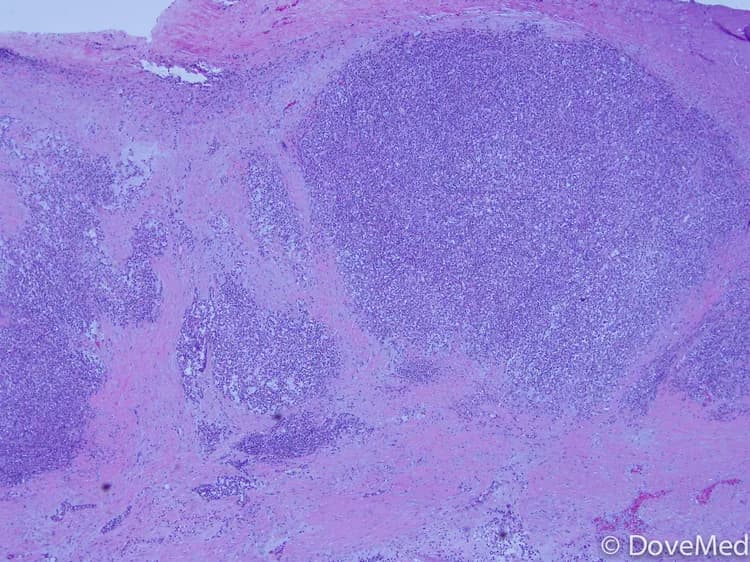The results of studies involving researchers from the MedUni Vienna and Vienna General Hospital Comprehensive Cancer Center (CCC) show that the effect of immunotherapy on malignant melanoma (black skin cancer) can be improved by combining it with other cancer treatments. However, the results also show that this combination can lead to an increase in side-effects. The CCC is therefore now looking for ways to improve the side-effect profile and is testing these approaches in two upcoming studies.
According to official figures, approximately 1,500 Austrians a year develop invasive melanoma, that is to say a metastasising black skin cancer. However, experts believe that the real number could be much higher. Over the past few years, the use of immunotherapy has significantly improved the success rate as against conventional (chemo)therapy. However, CCC researchers are still working to improve the results even further. Christoph Höller of the Department of Dermatology and Venerology at MedUni Vienna and Vienna General Hospital and member of the Comprehensive Cancer Center explains: "New data show that 50% of patients with metastasising melanomas who receive immunotherapy are still alive after 3 years -- and indeed with a good quality of life. However, this also means that it works less well, if at all, for the other 50%. We are therefore looking for new ways to bring about further improvements in this success rate."
Fewer side-effects
The scientists' path is leading them towards drug combinations. The update of a large-scale, multicentre study, in which CCC cancer researchers were also involved and which was presented at the American Society for Oncology (ASCO) Congress, the largest international cancer congress, in June 2016, shows: treatment with two immune checkpoint inhibitors (the latest immunotherapy drugs) improves the treatment outcome. However, these drugs are also associated with greater side-effects, such as severe fatigue, troublesome skin rashes and diarrhea.
Höller: "This is where our concepts come in and we will be testing them over the coming years. One study has just started. It is being conducted in collaboration with the MedUni Vienna and Vienna General Hospital Department of Medicine I and we are testing a new combination of two immune checkpoint inhibitors, the antibodies against PD-1 and LAG-3. The other study, which is about to start, is looking at whether better results can be achieved by combining the PD-1 antibody with a specially modified virus."
PD-1 and LAG-3 are immune checkpoint receptors, that is to say proteins that are formed on the surface of T-cells (white blood cells involved in the immune response). If specific signalling substances bind to them, the T-cells are inactivated, thereby curbing the activity of the immune system. The antibodies that are used to suppress these signalling pathways, reactivate the T-cells, thereby triggering an immune response directed against the cancer cells.
The aim of these studies is to improve the success of treatment, whilst at the same time reducing or better controlling any associated side-effects. In the long term, it is hoped to cure the disease in the majority of patients or at least to transform it into a chronic disease.
Materials provided by Medical University of Vienna. Note: Content may be edited for style and length.
Disclaimer: DoveMed is not responsible for the adapted accuracy of news releases posted to DoveMed by contributing universities and institutions.
Related Articles
Test Your Knowledge
Asked by users
Related Centers
Related Specialties
Related Physicians
Related Procedures
Related Resources
Join DoveHubs
and connect with fellow professionals


0 Comments
Please log in to post a comment.